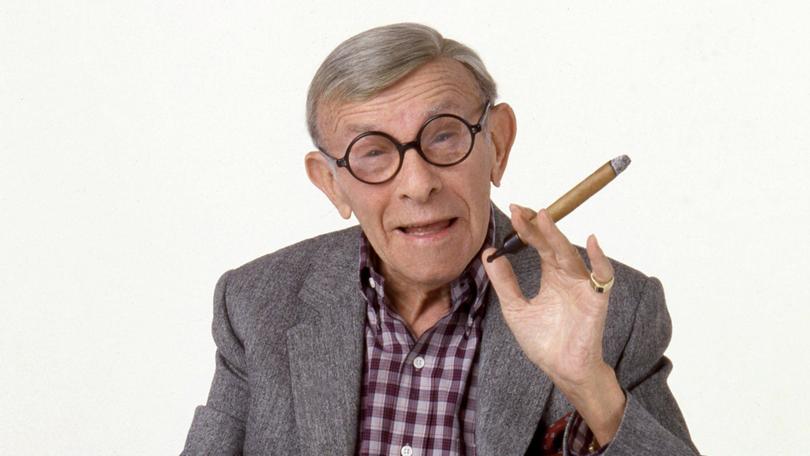BEN HARVEY: How do you know when you are old? Look for these 11 signs
BEN HARVEY: With traditional measures of age no longer fit-for-purpose, here are a few key performance indicators to look out for as you wander through the land of bewilderment en route to the pearly gates.

How do you know when you are old?
Actually, let’s start again, because we don’t call people that anymore.
How do you know when you are older?
Sign up to The Nightly's newsletters.
Get the first look at the digital newspaper, curated daily stories and breaking headlines delivered to your inbox.
By continuing you agree to our Terms and Privacy Policy.“Older” is better than “old” because it implies a journey (which hints at more years ahead) rather than a destination (which hints you have arrived at life’s cul-de-sac).
And I am sure we can all agree that “older” is a much, much better descriptor than “elderly”.
Who wants to be elderly?
Elderly implies you are a soiled burden; older suggests you are a source of wise counsel. And boiled lollies.
I was thinking about the terminology of ageing on Tuesday when I learnt that October 1 is the International Day of Older Persons.
What age is “older” in 2024?
With most of us making it well into our 80s, surely we must be older to be considered older than other generations.
It’s a fluid concept (to be middle aged in the middle ages was to be a teenager) but right now, as you read this column, what do you consider “older”.
I suspect the answer is N plus at least 20, where N is your own age.
My colleague and good mate Nick Bruining, who counts many older Australians as clients of his financial planning firm, reckons you are “older” when things begin to wear out and bits start to drop off.
I think this is a terrible definition because it means that I, at the age of 48, am already there (and have, in fact, been there for a while).

How about when you are eligible for a senior’s card? The logic of this measure is confounded by geographic boundaries. By this definition you become older five years later in Queensland and WA (where you have to be 65 to get the discount card) than everywhere else (where you get it at 60).
What about the age at which you can buy into a retirement village?
Surely that can’t be the threshold because at 55 years it’s a mere 75 months from where I am now. If George Burns had bought in when he hit 55 he would have spent almost half his life in a retirement village!
And let’s not consider for even a moment “lifestyle villages” which will admit you soon after leaving high school.
Seniors recreation councils across Australia have a mandate to “encourage the over-45s to participate in sport, recreation and associated physical and mental activities”.
That means I have been in their target market for three years, so that guideline won’t do.
Sport generally is a useless barometer.
The Senior Olympics is open to athletes over 50 but masters boxing is for pugilists who are 30 (two years younger than Mohammed Ali’s age when he out-pointed a 25-year-old George Foreman in the Rumble in the Jungle).
Eligibility to claim the age pension is surely a line in the sand for being older.
The problem there is the sand, and the line in it, is shifting. Up until a few years ago you got the pension at 65, it’s currently 67 and it’s on its way to 70.
With traditional measures of age clearly no longer fit-for-purpose I have devised a few key performance indicators you can look out for as you wander through the land of bewilderment en route to the pearly gates.
How to know you’re getting old
1. You become a language pedant. If it irks you (as it does me) that we use the word persons (as in International Day of Older Persons) instead of people then there’s a chance you are an older Australian.
2. When you trip over people say you “had a fall”.
3. If you cut yourself people say you have a wound. People in their 30s put bandaids on cuts; people in their 70s put dressings on wounds.
4. You live in fear of “they”. My mother is a great one for this. “They will know you have done that,” she will warn me if I put something recyclable into the wrong bin. She doesn’t know who “they” are but clearly believes “they” have powerful investigative abilities.
5. You write a lot of letters, including to editors of publications such as this one
6. You get pissed off at people who write letters espousing views different to your own.
7. You’re slowly disappearing because your dermatologist is slicing bits off you every time you have an appointment.
8. You have become your mother or father.
9. Your conversations with friends regularly involve the irregularity of your bowel movements.
10. You watch the 6pm news and get angry about what you see.
11. You conduct a mental risk-versus-reward calculation before you bend down to retrieve something you dropped.

